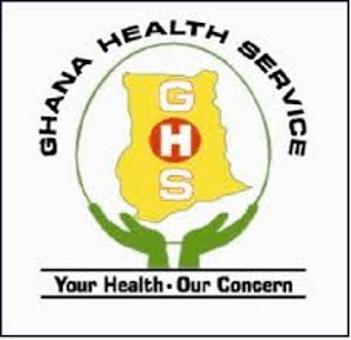Don’t see adolescents as spoilt children – Adolescent Health Officer
 Nurses, parents, teachers and other stakeholders have been advised to change the “spoilt” tag they have put on erring adolescents since it does not reflect their true nature.
Nurses, parents, teachers and other stakeholders have been advised to change the “spoilt” tag they have put on erring adolescents since it does not reflect their true nature.
Mrs Gifty Francisca Ben-Aryee, National Programme Officer, Adolescent Health, Ghana Health Service, said most people only had knowledge about the physical changes adolescents go through but were oblivious of the mental development which manifest in the behavior and choices they made.
She added that it was unfortunate that in Ghana people treat adolescents as adults and expect a lot from them but when they go wayward, they are labeled “spoilt”.
Mrs Ben-Aryee was speaking at a day’s training programme for Adolescent Health Friendly Providers, matrons and patrons of adolescent clubs in schools, media, Social Welfare and Community Development, Domestic Violence Victim Support Unit (DOVVSU) of the Ghana Police Service, and the Ghana Education Service organized by the Tema Metropolitan Health Directorate.
She explained that reorganization of the brain occurs especially with the limbic system and the reward system during adolescence which may account for typical adolescent behavior pattern which included risk taking.
According to her, “In adolescence, the part of the brain responsible for emotions comes first, therefore there are chances that they will make decisions without thinking about the consequences”.
“It doesn’t mean they are bad children. Their brain is controlling their behaviours,” she added.
She however noted that such behaviours could be regulated with the right information as their incessant quest for information led to restlessness and risk taking.
Mrs Ben-Aryee said it was why her outfit encouraged the use of diverse channels or approaches including adolescent corners at health facilities, community based centres and clubs, mobile outreaches and use of social media to give them reliable information.
She said to make information more accessible, effective and equitable to all adolescents, they also assigned adolescent health friendly nurses to youth centres, and community pharmacies to provide counselling and other services.
She advised nurses and teachers dealing with adolescents to treat them with respect, have regard for their choices, and approach them in a non-judgmental and non-discriminatory manner.
The Health officer further implored them to approach every adolescent as an individual, as each had peculiar needs and concerns with levels of maturity, health literacy and appreciation of their rights, responsibilities and social circumstances.
She asked them to demonstrate empathy, reassurance, competence, non-authoritarian communication whiles respecting their privacy and confidentiality.
Mrs Grace Amewu, Tema Metropolitan Adolescent Focal Person at the Health Directorate, welcoming participants, said the Directorate enhanced the capacity of the service providers in adolescent health every four months.
Mrs Amewu added that they decided to include their stakeholders especially the club mentors to refresh their memory on their responsibilities while using the platform to discuss challenges of the clubs and the way forward.
She commended the stakeholders for dedicating themselves to the improvement of adolescent health in the area.
The Directorate, since the commencement of adolescent health programme in 2016, have established four corners, 18 clubs in senior and junior high schools, one in Community One which are being managed by 13 service providers, and 17 club patrons.
Source: GNA
